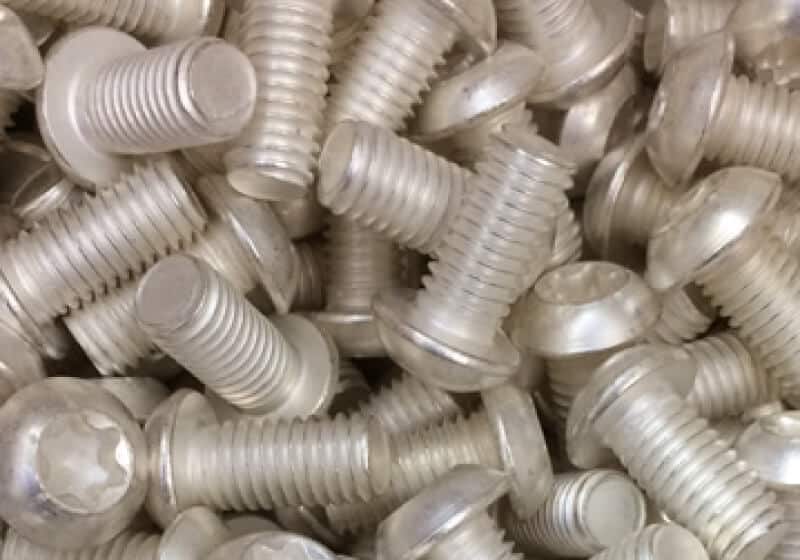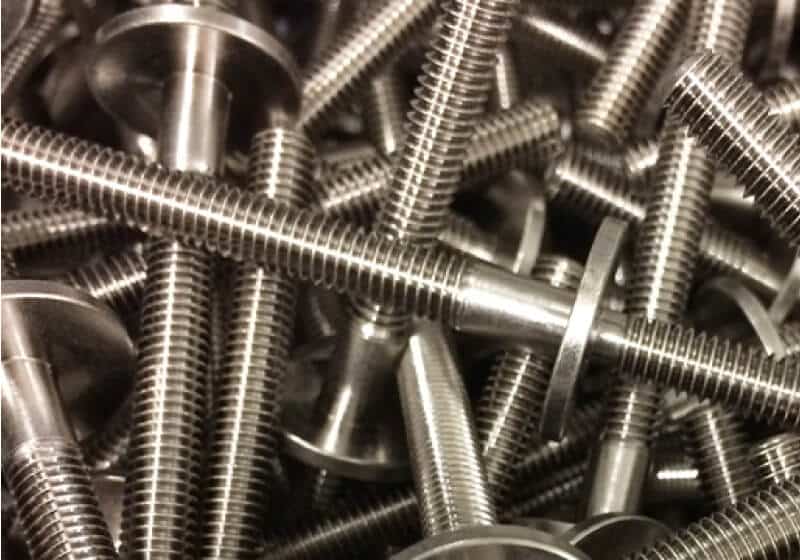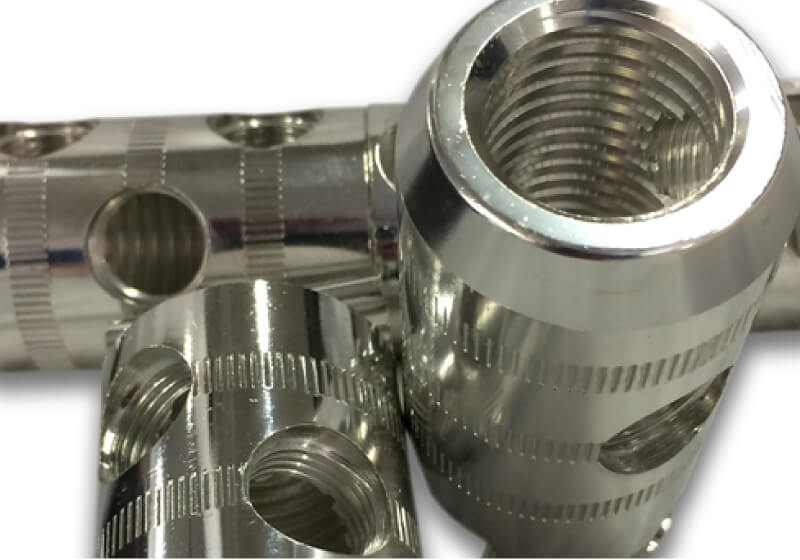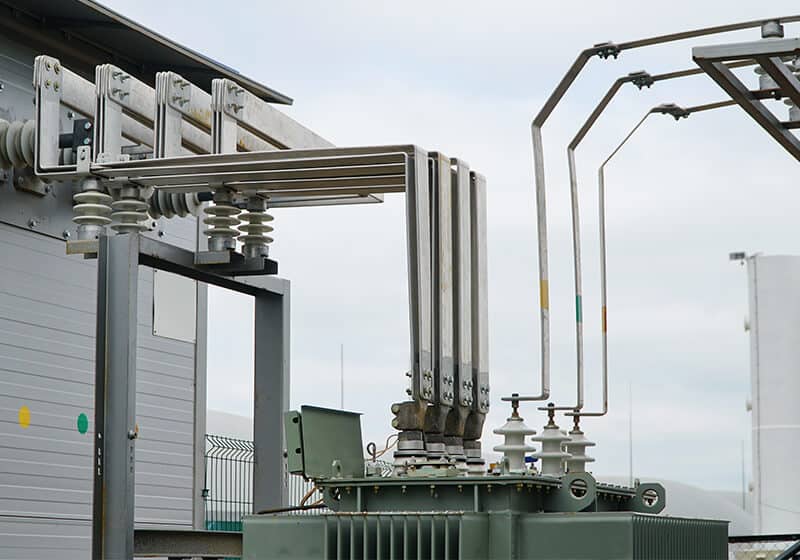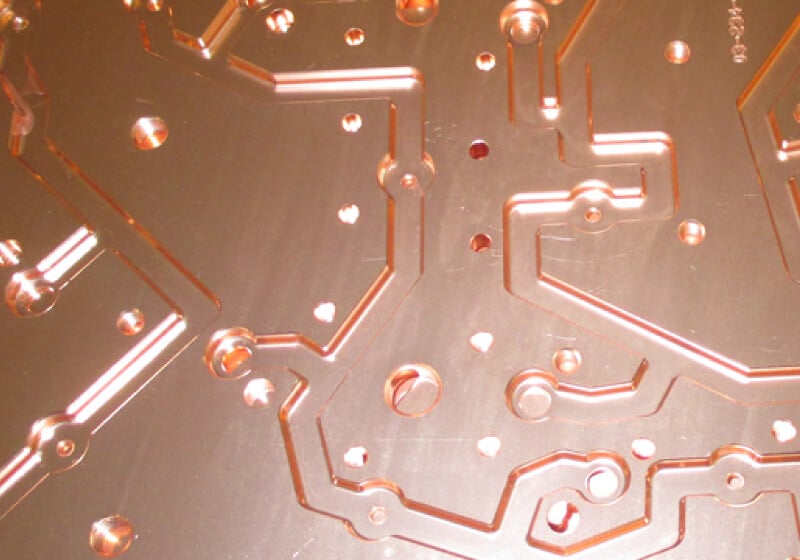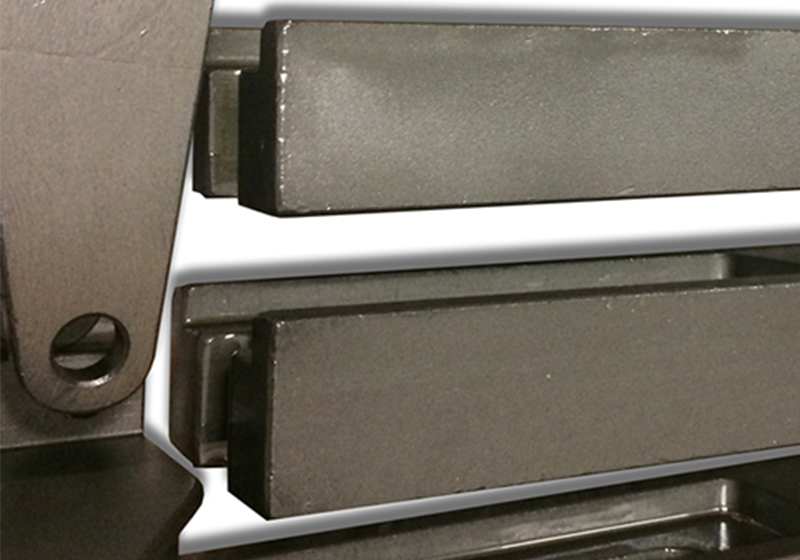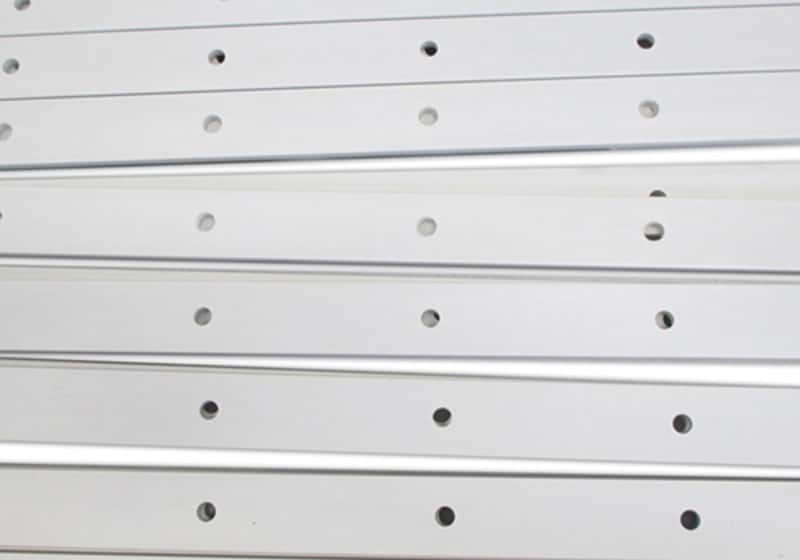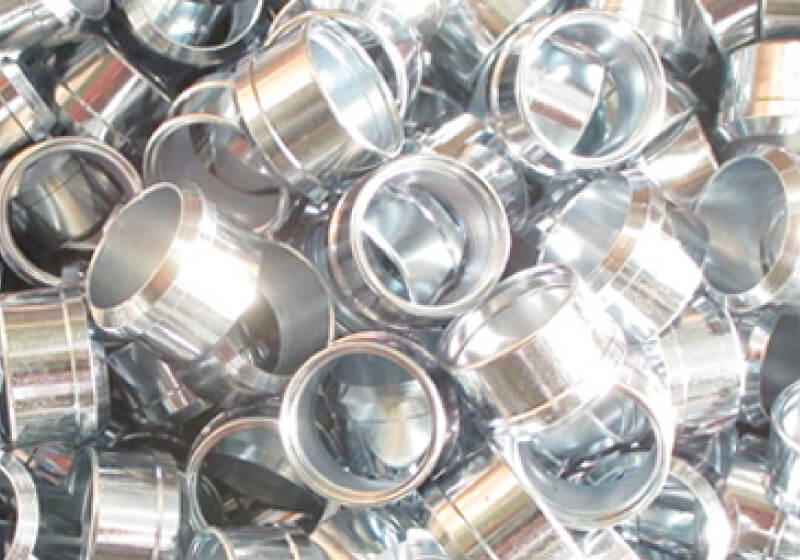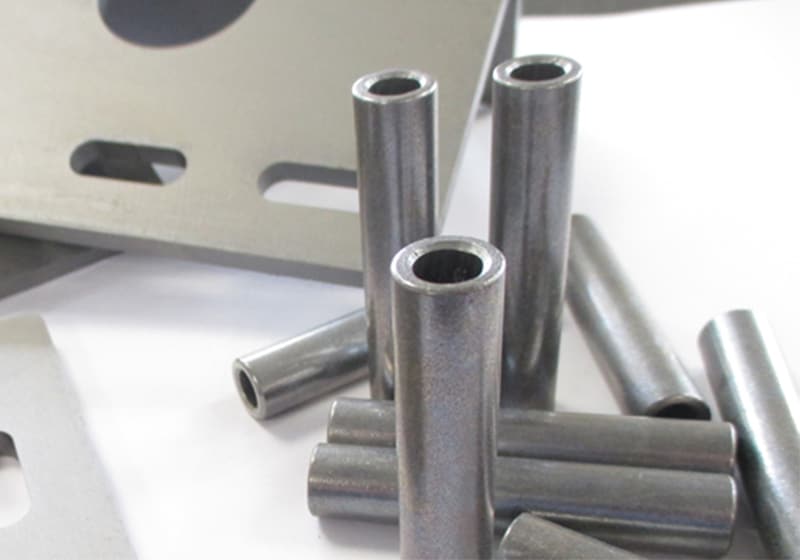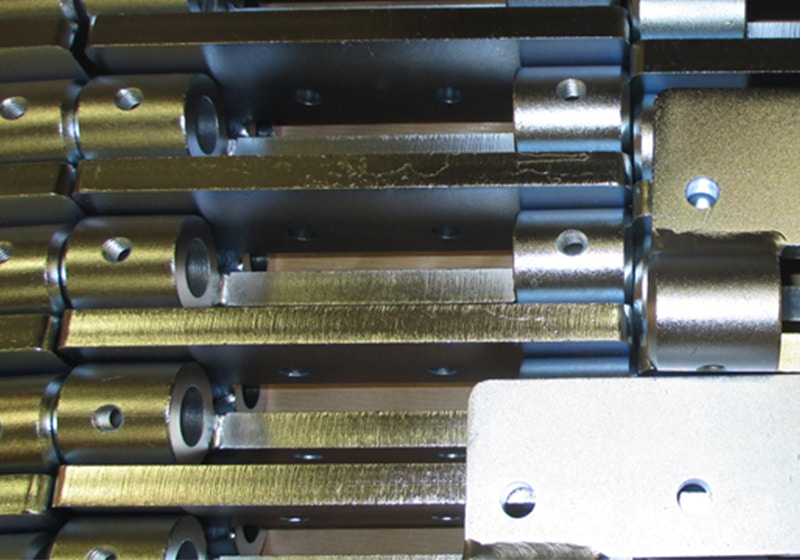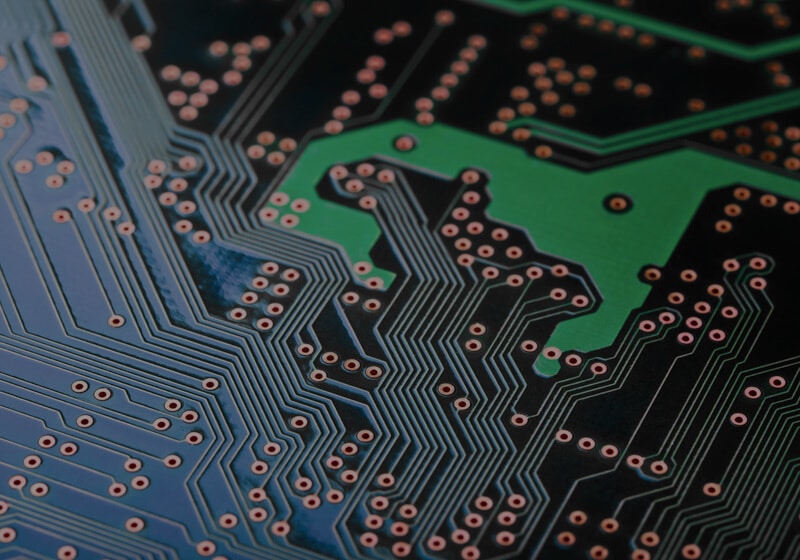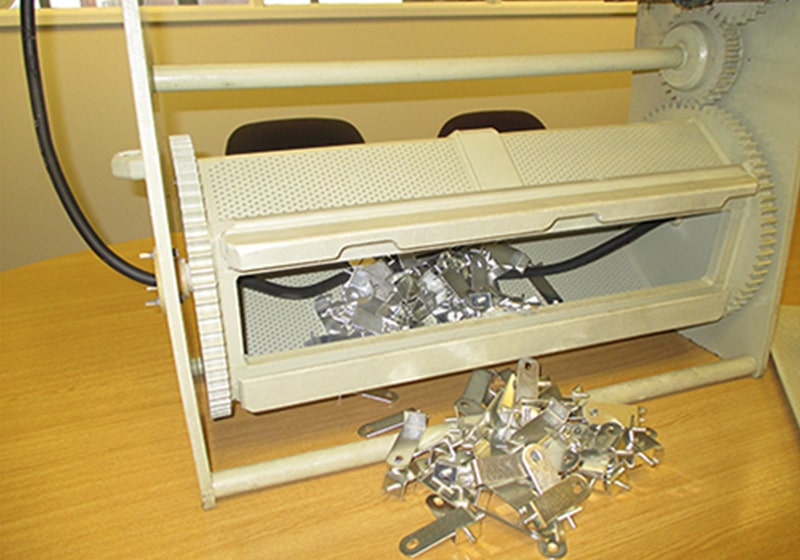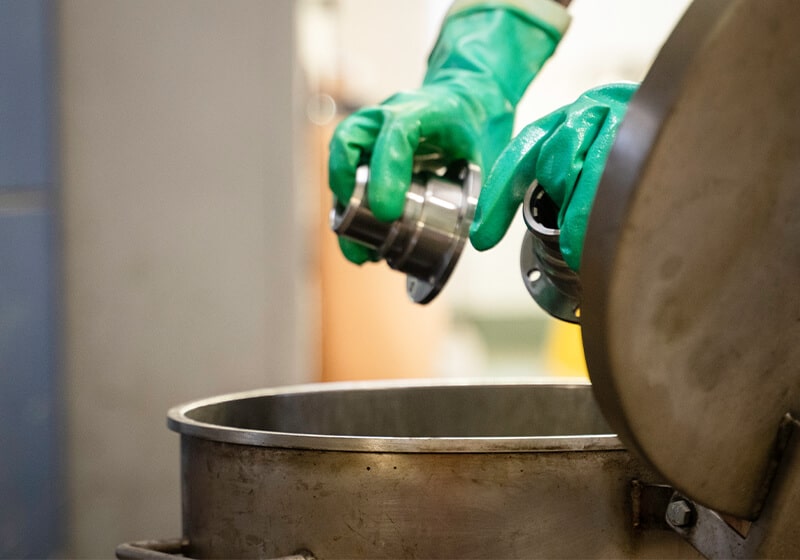
At Karas Plating, we pride ourselves on the high-quality products we provide to all of our customers across the UK. Every one of our metal finishing processes is approved to the highest standards and cover an expansive range of functions and requirements.
What Karas Plating can do for you

Karas Plating is a name you can rely upon for all of your metal finishing, surface coating, and electroplating needs. We provide an extensive range of processes, each one performed by our fully-accredited and highly-trained staff.
Here are some of our most popular processes. Simply click on the button for more detailed information.

As one of the most electrically conductive metals on the market, silver is a natural choice for the electronics and connector market. Our silver plating process can produce a vast range of thickness from a flash upto 8mm thick.

We have a number of different techniques for plating with gold, all of which produce impeccable results. Hugely popular in the electronics industry, thanks to its conductive qualities and resistance to both corrosion and heat, gold plating remains one of our most sought-after processes.

Electroless nickel plating (or ENP) is a method of metal finishing that does not require the use of an electrical current. Chemical reducing agents such as sodium hydrosphite are used to produce a deposit of metallic nickel through the reduction of nickel ions. This uniform coating process means that even complex shapes can receive a complete nickel plating, leaving them highly resistant to corrosion.

Bright tin plating can be applied to most metals and produces a finish that is both highly conductive and resistant to corrosion, making a useful and versatile process for many industries.

Busbars are an essential component used in all manner of applications from electric vehicles to power generation and distribution. They require high-quality plating processes to improve conductivity, as well as protect against wear, heat, and corrosion. We provide a variety of plating solutions for copper, aluminium, and copper-clad aluminium (CCA) busbars.

One of our most popular processes, copper plating is a complex, but highly-prized technique. It produces a clean and aesthetically pleasing finish that is easy to polish or work after plating.

This process is used exclusively on iron and steel derivatives, and involves dipping the metals into a diluted solution of phosphoric acid. The resultant coating is crystalline and hard-wearing, offering remarkable resistance to friction

Much like bright tin plating, dull tin plating is a highly effective finish which can be applied to most metals for a variety of uses. It differs from bright tin plating, demonstrating a notable reduction in instances of “whiskering”, which often results in the shorting out electrical circuits. For this reason, the process is much used in the electronics industry.

This non-chromate passivate process involves a chemical reaction to create a hard-wearing and durable surface coating to various aluminium alloys. This coating is highly protective, offering great corrosion resistance to the base metal, as well as heat-resistant properties, making it the ideal solution for high-temperature applications such as engine parts and heat sinks,

Nickel plating, also known as nickel electroplating, is a technique used to deposit a thin layer of nickel onto a metal substrate. Industries that use this process benefit from corrosion resistance, wear resistance, ductility and strength. Nickel plating can also be used as an undercoat for other plating processes.

An environmentally safe alternative to cadmium plating, zinc plating leaves a thin deposit of zinc on your substrate, resulting in a bright and aesthetic finish. Not only does it look good, zinc plating offers excellent corrosion resistance, acting as a sacrificial layer that corrodes before the base metal beneath.

OSP (or Organic Solderability Preservative) is a water-based coating method that is usually applied to copper pads and terminals in the electronics industry. The coating bonds tight to the metal, protecting it during the soldering process. Being an organic coating material, OSP is an environmentally-friendly solution.

Both rack and barrel plating are methods by which we immerse metal parts into our various plating solutions. Rack plating is normally used for the larger components and involves fixing them to a static metal rack, which is then lowered into the chemical tank. This ensures that the parts in question remain stationary throughout the plating process. Barrel plating is more commonly used for smaller pieces, with those components placed inside a barrel that is subsequently rotated in the solution. This technique provides a more uniform finish for the items.

Zinc phosphating is used to bind lubricants, oils, and waxes to a metal substrate. This process applies a thin layer of zinc phosphate to your base material, where it acts as an adhesive, holding these other coatings with greater efficiency. Often used in extreme working conditions, zinc phosphating not only offers greater protection and corrosion resistance, it also increases lubricity on low-friction surfaces.

As well as our various finishes and platings, we also offer a range of blasting and cleaning processes to our clients around the UK and Europe. These include shot blasting, tumble blasting, hand blasting, ultrasonic cleaning, and de-greasing.



